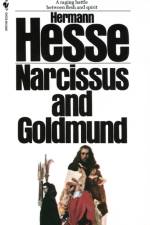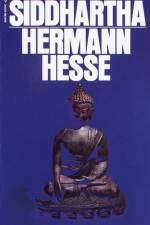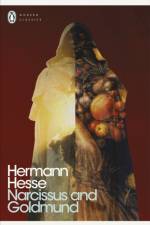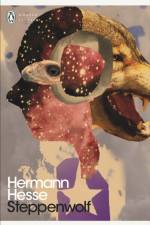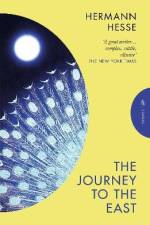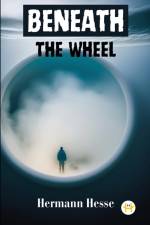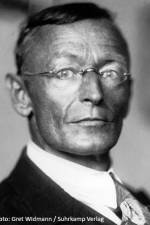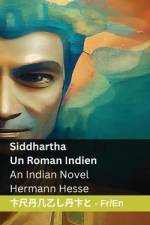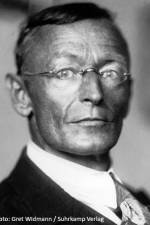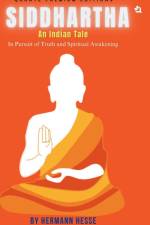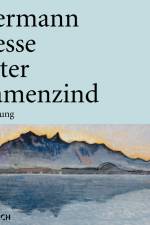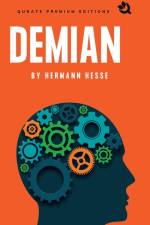von Hermann Hesse
28,00 €
Siddhartha is a compelling and deeply philosophical novel written by Hermann Hesse, first published in 1922. This literary masterpiece explores the spiritual journey and existential quest of its titular protagonist, Siddhartha, in ancient India. Set against a backdrop of lush, mystical landscapes and steeped in Eastern spirituality, the novel offers a profound exploration of the human search for meaning and self-discovery.Siddhartha, the central character, begins his life as a young Brahmin, blessed with privilege and a promising future. However, he feels a profound sense of emptiness and restlessness within him, which drives him to leave his comfortable life behind in search of a deeper truth. His journey takes him through various stages of existence, from the asceticism of the Samanas to the materialistic world of business and wealth, and finally to the banks of the sacred river where he encounters the enlightened Buddha himself.Throughout his odyssey, Siddhartha grapples with profound questions about the nature of self, desire, suffering, and the ultimate purpose of human existence. He encounters a cast of diverse characters, each representing different facets of human experience and philosophy, from Kamala, the courtesan, to Vasudeva, the wise ferryman.Hesse's prose is lyrical and introspective, weaving a narrative that is both timeless and universal. Siddhartha's quest mirrors the universal human struggle to reconcile the demands of the material world with the longing for spiritual enlightenment. As the novel unfolds, readers are invited to contemplate the eternal themes of self-discovery, transcendence, and the interconnectedness of all living beings.Siddhartha is not merely a story; it is a profound meditation on the human condition and a spiritual guide that encourages readers to embark on their own journeys of self-discovery. This literary classic continues to captivate and inspire readers around the world, offering profound insights into the pursuit of wisdom, enlightenment, and the elusive path to inner peace.



